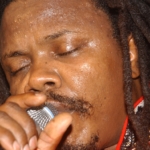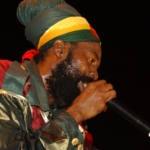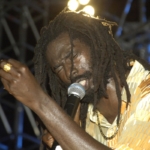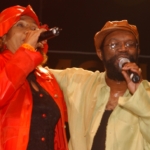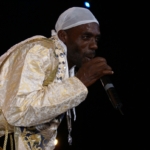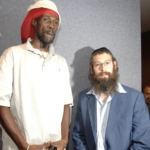
The banana boat. The quintessential image of Caribbean island labor. It is the visual pun to a host of old jokes and jibes directed at people of Caribbean or West Indian heritage.
When Harry Belafonte launched the popular workers’ chant “Day-o” (from The Banana Boat Song) onto the global stage, the world was introduced to the hardships of colonial labor – the stark reality on the banana and sugar plantations in the Antilles. Sir Belafonte professed in harmonic passion the yearn that all those before him beckoned: “Day-o, day-o…daylight come and mi wan go home.” Translation: the overworked and hardened laborer toiled on the plantation until the wee hours of the morning, sometimes until a glimpse of the sun shown on the horizon.
The slave expressed in Mr. Belafonte’s song went on, “Come minster tally man tally my bananas, daylight come and mi wan go home”
This song spawned a complaint that reached across the Atlantic ocean to the American slave who echoed a similar saying in their own jargon when they complained that massa worked them “till can’t see sun up, to can’t see sun down.”
Certainly Harry Belafonte gleamed with the chiseled physique of a black prince. Handsome, well fed and graceful to a fault! But one can be easily misled by the beautiful almost jovial delivery he accomplished in the recording of this folk song. The undressed reality that the banana workers were suffering. The song they sang was that of the sufferers. In times of hardship mourners mourn, wailers wail, singers sing songs of want and pain. And oh yeah… Bob Marley wails. As in Bob Marley and The Wailers.
Bob Marley answered the folk music coming from the Americas with a scathing commentary on oppression aimed right at the oppressors themselves. The only difference noted between Sam Cooke declaring that ‘Change gone come’ and Bob Marley’s declaration that ‘Everything is gonna be alright’ is the accent of the singers.
One can gather that there has always been a relation between the Reggae music contemporaries and American black performers expressing themselves through folk, blues, rock, r & b, and of course hip hop.
Today we see constant cross-references in hip hop and reggae. Manifested in sayings, fashion, and outright cultural norms, rappers sprinkle their rhymes with references in Jamaican Patois slang while dancehall artists allude to the more materialistic themes currently rife in rap music today.
We must however develop a broader vision to fully appreciate these facts. The relationship between hip hop and reggae goes deeper than just a run of the mill “collabo” (slang for collaboration) between a rapper and dancehall artist. Hip hop owes its very existence to reggae music. This is highlighted in the now famous story of how the Jamaican DJ Kool Herc transplanted the traditional Jamaican sound system culture to the Bronx in New York, complete with two turntables and a microphone. This was the genesis party setting that gave birth to the emcee, which evolved into rap, which evolved from the Jamaican DJ “toasting” the crowd.
Imagine Kool Herc playing the funk records of the time in those Bronx park jams, starting an oratory phenomenon by doing what he has described as simply looking to the average Joe hovering around the sound system, tossing him a microphone and telling him to ‘say something’.
Fast forward 30 years and that once average Joe has evolved into today’s rapper who has long left the confines of the neighborhood park jams and today commands the attention of the entire world!
Likewise Reggae Music is listed in various chart formats as “world music” proving that the sufferers have something to say that all mankind wants to hear. Whether we are telling the world to boogie on down and do the ‘two step’ or ‘Willie Bounce,’ an eclectic audience spanning all ethnicities in the world community are hanging on every word of these un-official speakers of our culture.
Taking metaphysical stock of this dynamic reveals a full circle truth in these art forms. An old African adage says, “Leadership should remain in the hands of the most dispossessed. Well as the early reference to the banana toiling pointed out, we’ve had our share of dispossession… and I’d say we are long overdue for some leadership.

